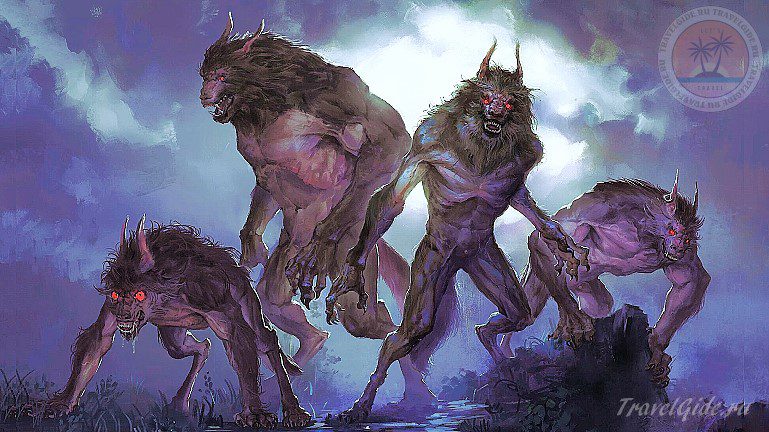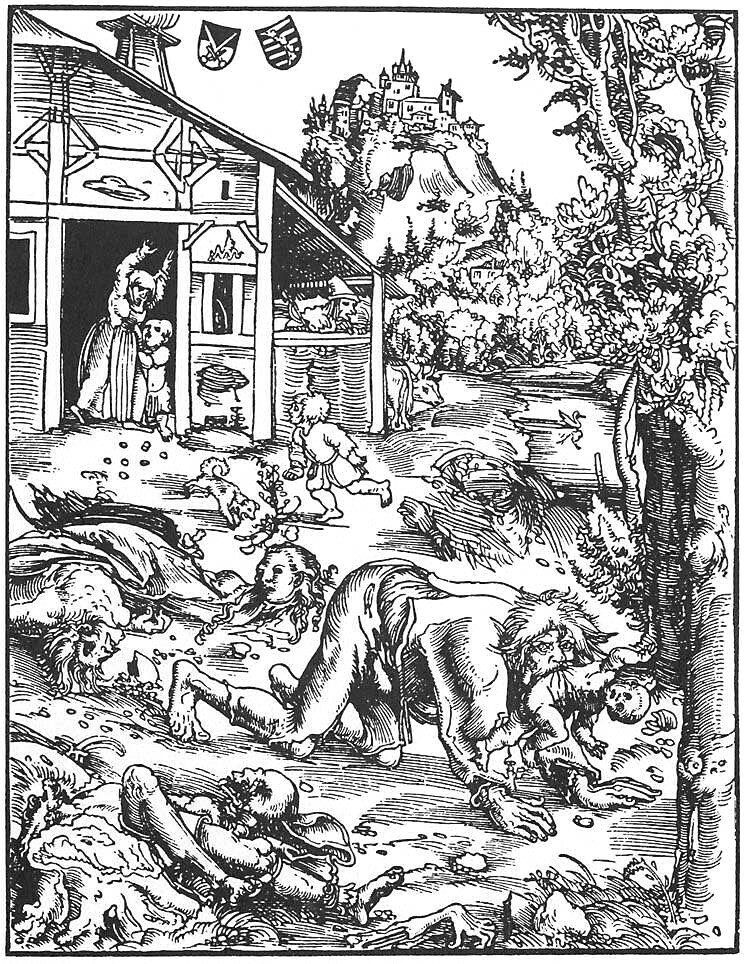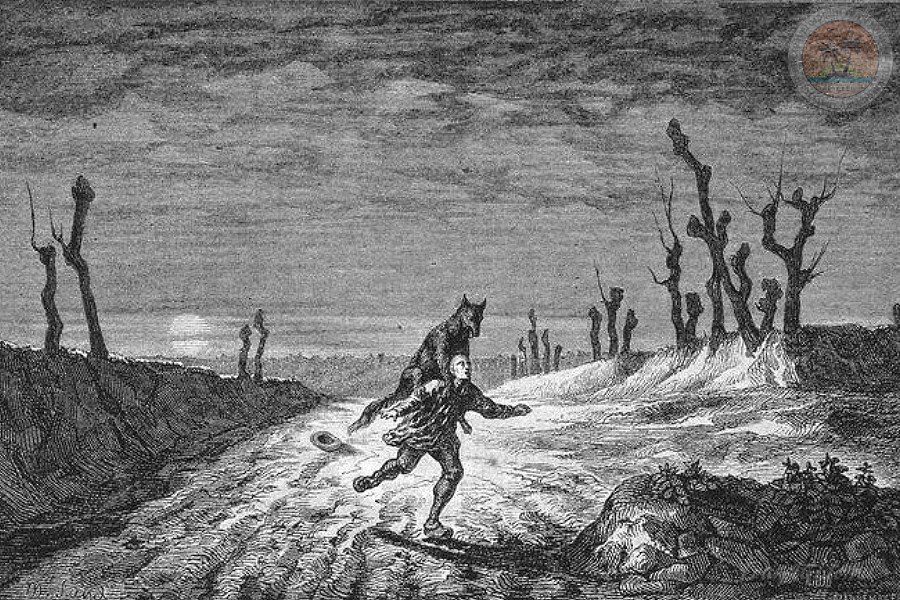
The reality of the existence of werewolves in Rus'
Testimony of Professor Johann Gottlieb Georgi, physician, chemist and ethnographer...
In Russia, as well as in other European countries, there were many legends in which evil spirits of various kinds took a direct part. Some evil spirits were “native”, for example, a bannik or an obderikh, but most of its representatives still had an international character. "Pan-European" sorcerers, witches, ghouls, werewolves, mermaids were known to every Russian peasant in all near and far provinces.
Werewolves occupied an "honorable" place in Russian beliefs in evil spirits. It should be said that for many the concept of a werewolf is equivalent to the English-speaking werewolf, but this is not so. The meaning of the Russian word werewolf is much broader.
A werewolf is one who has been turned (turned) or one who has the ability to turn into some kind of beast or object ...
But today we are talking about those werewolves, which can be safely called the most common species on Rus' - werewolves. In the old days they were called werewolves. At all unusual and strange words from the old Russian language clearly reflect the essence of the phenomenon or object.
The belief in their existence was widespread among all European peoples. In addition, they were part of a model that was present in all countries and on all continents - the belief that a person could turn into a wild predator, sowing violence, destruction and death.

born German Johann Gottlieb (1729–1802), who was professor and academician of the Russian Imperial Academy of Sciences, had his own opinion about the reality of the existence of werewolves in Rus'. His opinion can be considered quite authoritative, since his scientific knowledge of a certified physician and chemist inspire respect. Add here his love of ethnography and travel.
In his work “Description of all peoples living in the Russian state. Their everyday rituals, habits, clothes, dwellings, exercises, amusements, religions and other memorabilia ”publishing house of 1799, I. Gottlieb described in some detail what the “werewolves” did in Russian villages.

He wrote about what was real caseswhen residents of different villages accidentally saw that around midnight a person, their fellow villager, jumped out of the house and quickly ran away, and this is not mysticism. On such nights there were often cases of attacks on belated travelers and villagers. Some of them ended tragically.
In the fourth volume of the book "Description of all the inhabitants ..." [source] I. Gottlieb wrote about werewolves:
... rushes at those he meets, especially at children and women, torments them with his teeth, sometimes kills them by gnawing their throats, climbs into sheepfolds, suffocates every one of the sheep without eating them ...
How could a highly educated person, a professor and an academician whose forte was science write such a thing? Did he believe in what he wrote? Yes, definitely.
In fact, in the 18th century in Russia, the vast majority of peasants did not doubt the existence of werewolves. The peasants believed that they existed, just like the professor. However, Gottlieb put a different meaning into this concept.

By werewolves, he meant suggestible, mentally ill people with a distorted perception of reality, who actually believed that they were turning into wolves.
Professor Gottlieb wrote: Man, through a certain perverted effort of his imagination, falls into such tomfoolery that every night he thinks he has been turned into a wolf. Such a dishonorable disposition of his spirit makes him arrange all his actions in accordance with the wolf's, as much as he notices them in the wolf, or he could hear about them.
But the professor's great concern was the fact that the general unthinking belief in werewolves contributed to the spread and intensification of such cases of insanity. After all, no one doubted that he was dealing with real werewolves.
The foolish and superstitious Folk really imagines that this madman has become a wolf, for this poor man thinks so to himself, and speaks secretly to such people who cannot keep him a secret.


